Mastodon: @canpolat@hachyderm.io
- 66 Posts
- 19 Comments

 3·8 months ago
3·8 months agoI think you are highlighting an important point that are missed by other commenters emphasizing the developer. I prefer GPL over MIT license. But this is a possible fallback if Redis decides to change its licensing (like several others did).
I think these kind of products have strategic significance for MS for their Azure offering. They are probably preparing to offer this there (in addition to and as an alternative to Redis). So, it makes sense for Microsoft to release this with an OSS license (otherwise no one will adopt it).

 17·9 months ago
17·9 months agoI don’t follow it very closely, but as far as I know, they are the only one implementing the open protocol they designed (which doesn’t interoperate with ActivityPub). However, there seems to be some efforts for creating a bridge: https://www.docs.bsky.app/blog/feature-bridgyfed
As you said, there are some recognizable faces and that may impact the adoption. But not being compatible with ActivityPub is a real bummer.
I think single account ActivityPub implementations are addressing a weakness of the Fediverse: one’s identity (handle, username) is tied to an instance they have no control over. If that instance shuts down users lose everything. With a single account instance, you take that control back. And since it doesn’t need to scale the architecture can be much simpler and can be deployed to much cheaper infrastructure.
The demo was not straightforward, though. And I didn’t quite get how a user can follow Mastodon users, for example.

 70·10 months ago
70·10 months ago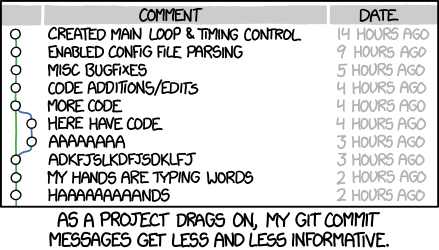
I use InoReader. Most of the sources I want/need has RSS feeds. For the rest I create feeds using Feed43. I use it daily and that’s how I get news, YouTube videos, Twitter feeds (via Nitter), Reddit/Lemmy posts.
I was upset when Reader was killed. But looking back and seeing what Google has become over time, I think it was for the best. Now we have entire companies that only do one thing: RSS, and they are good at it. If Reader was still a thing, I’m afraid it would have extinguished RSS.
Names matter, and Reader told everyone that it was for reading when it could have been for so much more. “If Google made the iPod,” he says, “they would have called it the Google Hardware MP3 Player For Music, you know?”
This is funny, but I think Reader was a good name. At least it reflected what I want to do with the product.
That’s a heroic effort! I laughed so hard.
Careful with Paul. He may starve.
I think I will quit at this point.
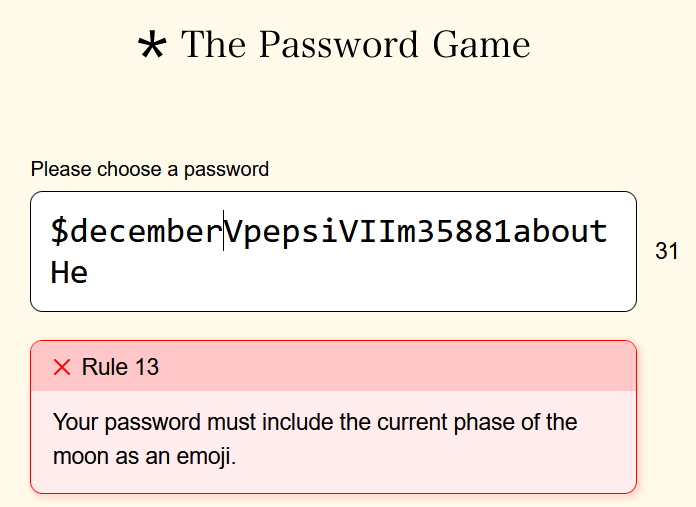

 2·1 year ago
2·1 year agoExactly. Even though one doesn’t need it often, it’s an important tool.

 3·1 year ago
3·1 year agoThis is how I used it too. Write a test that fails with the “bad” version. Use a script to cherry-pick and run the test. It’s fun to watch it find the first bad commit even though what
git bisectdoes is quite simple.

 1·1 year ago
1·1 year agoIn this conference talk, Evans explains some of the most important concepts related to Domain-Driven Design while taking a critical look at how we traditionally think about models. Suggests asking “which model would be more useful to solve this problem” instead of relying on our understanding of objects “in real world”. He also emphasizes the importance of communication with domain experts an use of ubiquitous language.
I don’t think what you say contradicts with what I said. If we separate “identity providers” from “content hosts” a person could easily go get as many accounts as they like (just like getting many gmail accounts) and then use them to log in to any content networks they are interested in. I didn’t suggest that everyone should have their own instances of anything.
Maybe I wasn’t clear enough in my wording. I didn’t mean to say everybody shoukd/must have a single account. And separating identity from content doesn’t necessarily enforce it. Think about crypto wallets. They provide some sort of an identity, but anybody can have an infinite number of them. Now, I’m not saying crypto wallets should replace fediverse identities. I don’t even have one. But, I could log into all fediverse instances with a single account, that would make things much easier for everybody:
- New comers would just get an identity without stressing over which instance to pick for a handle
- People who care about their privacy would just create as many identities as they like
- People who want the convenience of having a single account would get it
- Those who want a different account for each of their interests (gardening, music, politics) could still do that easily
Thanks for the explanation and the links. It’s good to hear that there are people working towards this goal.
I use identity to mean “account” here. Like a Google account that can be use both in Gmail and YouTube.
Having several instances of Mastodon is probably not that big of an issue. I would expect one of them to win over time. But it’s not straight forward to use a Mastodon account when interacting with lemmy, PeerTube, PixelFed, etc. If I could get the identity (my handle) from a single place (like some neutral non-profit) and could use it on everything, that would be better. But I guess that’s not happening any time soon.

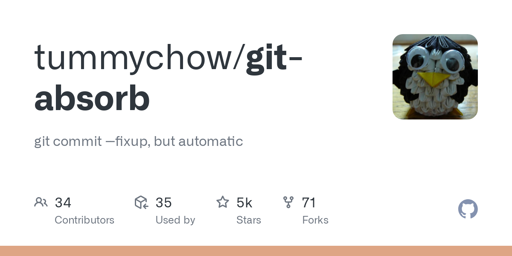
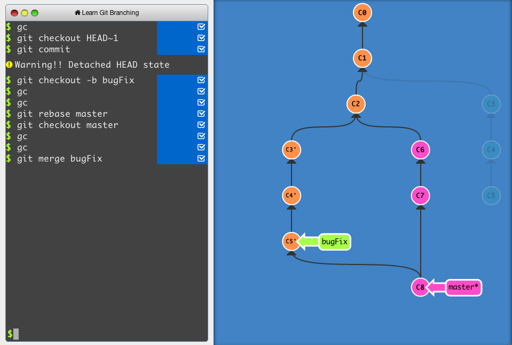
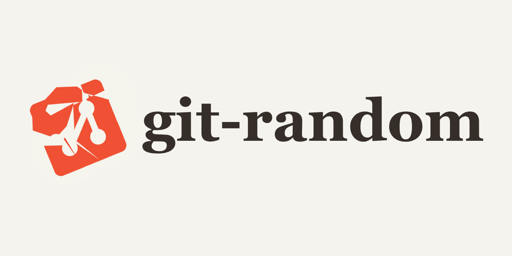
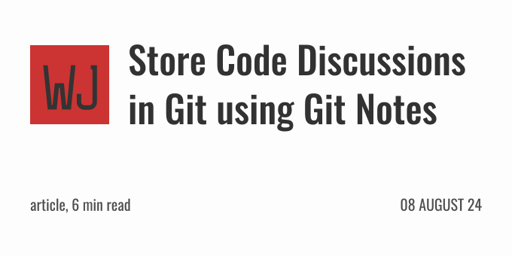
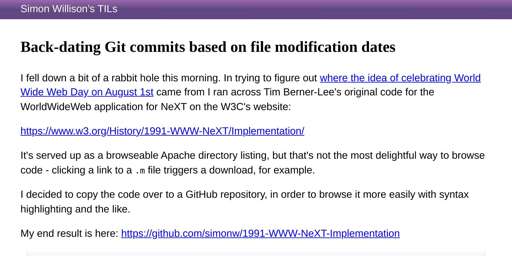
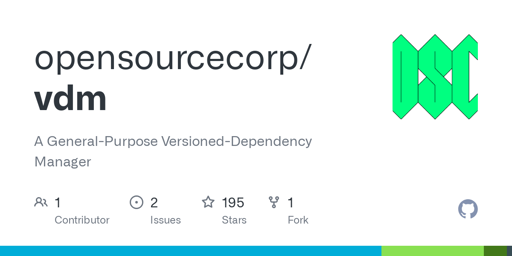


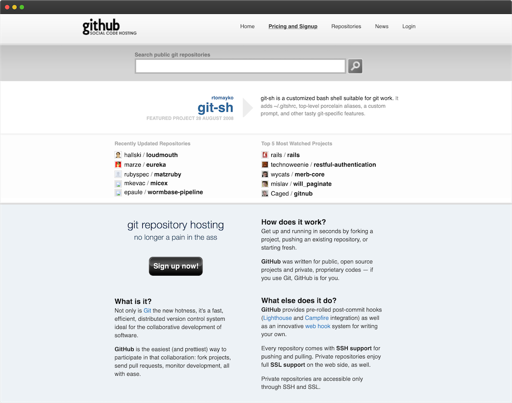


Here is the link to the original website (an NGO that monitors blocked websites in Turkey): https://ifade.org.tr/engelliweb/distrowatch-erisime-engelledi/
And here is the Google translation of the text on that page: